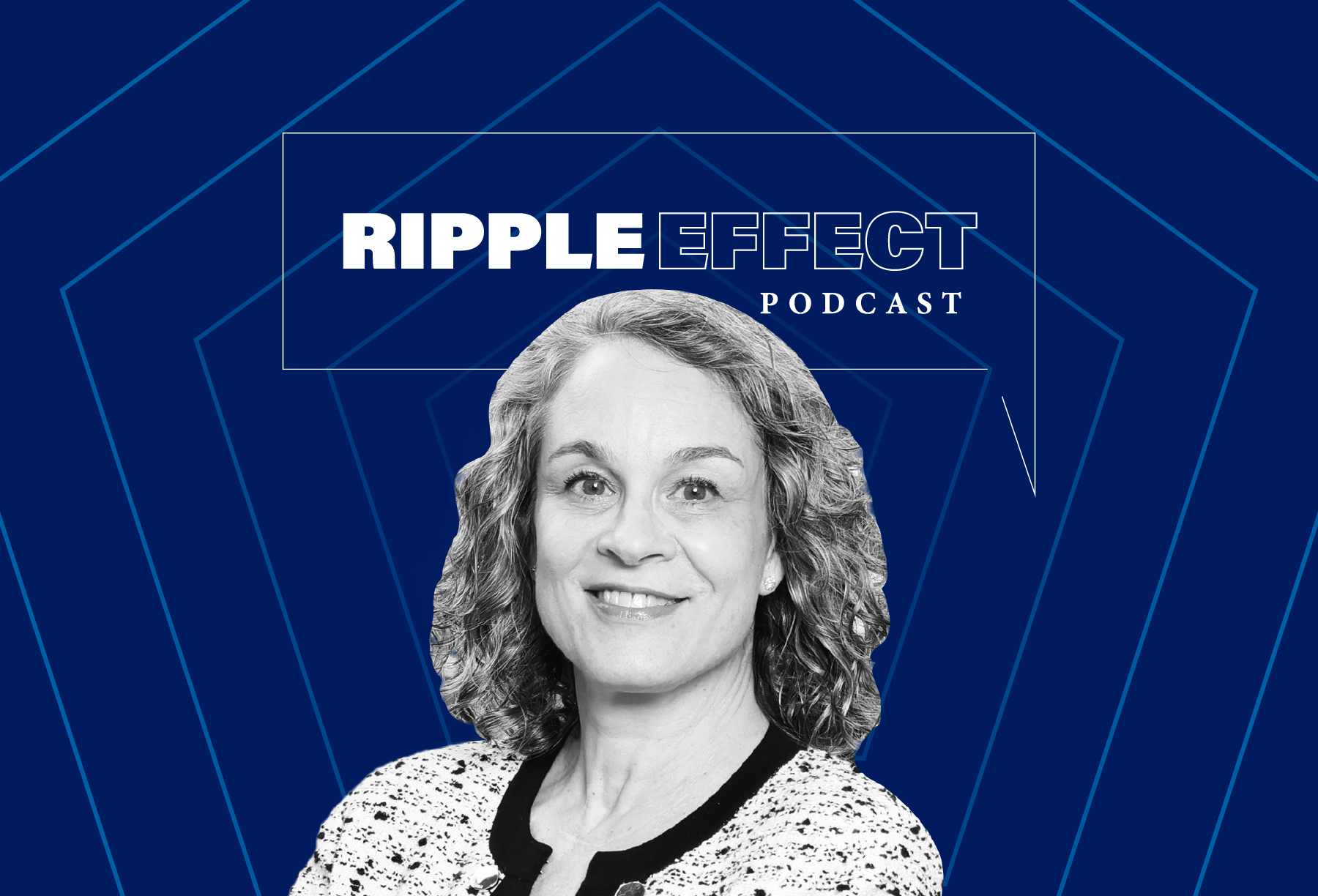What Buyers Look for When Acquiring a Successful eCommerce Store
In recent years, the eCommerce industry has witnessed unprecedented growth, attracting entrepreneurs and investors alike. If you’re considering selling your online store, understanding what buyers look for can greatly influence your ability to sell ecommerce business assets quickly and for the best price. The rise of e commerce aggregators—companies that acquire and scale multiple eCommerce stores—has further changed the landscape, introducing new dynamics into how transactions occur.
This article dives into the key factors buyers evaluate when acquiring a successful eCommerce store, from financial stability to growth potential. Knowing these elements will help you position your business attractively, streamline the sales process, and maximize value.
- Proven Financial Performance
When buyers evaluate an e commerce aggregators, nothing speaks louder than numbers. Sustainable and transparent financials are essential. Buyers will scrutinize revenue trends, profit margins, and cash flow stability over a minimum of 12 to 24 months. Consistent or growing sales figures reduce perceived risk and increase confidence.
Clear documentation of expenses, cost of goods sold, and operating costs is just as important. Buyers want to understand how profitable the store is and where money is spent. Providing detailed, well-maintained financial statements expedites due diligence and supports your asking price.
- Diversified Traffic Sources
Relying on a single source of traffic can be risky. Savvy buyers prefer stores that benefit from diverse marketing channels—organic search, paid ads, social media, influencer partnerships, email marketing, and direct traffic. A balanced traffic mix lowers dependency on any one platform, reducing vulnerability to policy changes or platform fluctuations.
If your business depends heavily on one channel, such as Facebook ads or Amazon marketplace traffic, buyers may discount the valuation or require additional proof of sustainability.
- Strong Brand Reputation and Customer Loyalty
A recognizable brand with positive customer reviews and repeat purchasers adds intangible but significant value. Buyers look for stores that have cultivated loyal communities and credibility in their niche. High customer retention rates, email subscriber growth, and active social media engagement demonstrate brand strength.
Think of your brand as a valuable asset in itself—not just a vehicle for transactions. Buyers are eager for brands with stories that resonate and customer sell my ecommerce business that foster trust.
- Operational Efficiency and Scalability
Buyers want to acquire more than just a product—efficient systems and processes make your store an attractive acquisition. Well-documented workflows for inventory management, order fulfillment, customer service, and supplier relationships ease the transition.
Automation tools that reduce manual effort are favorable, as are scalable operations that enable growth without proportional increases in overhead. If your business can handle expanded sales volumes without major bottlenecks, that’s a major selling point.
- Clean Legal and Compliance Record
Before finalizing a sale, buyers perform legal diligence. This includes ensuring intellectual property rights are clear, trademarks are registered, and contracts with suppliers or service providers are valid.
Privacy compliance, especially around customer data, is critical in today’s environment. Non-compliance can be a red flag that scares buyers away or reduces offers. Ensuring your eCommerce store abides by relevant laws and has no pending legal disputes increases buyer confidence.
- Positive Customer Experience and Support
Customer satisfaction matters. Buyers are interested in the quality of the shopping experience and the support infrastructure. Metrics like low return rates, responsive customer service, clear policies, and strong post-sale engagement reinforce the store’s value.
A seamless experience means fewer headaches down the road and reflects quality, which buyers prize.
The Role of e Commerce Aggregators
E commerce aggregators have become significant players, buying dozens or even hundreds of DTC brands. These companies seek profitable, scalable, and operationally sound eCommerce businesses to absorb into their portfolios. They offer sellers speed and convenience but often set higher standards for business readiness.
If you’re targeting sale to an aggregator, aligning your business with their criteria—such as maintaining steady growth, clear documentation, and efficient operations—can unlock quick and fair offers.
What People Also Ask About Selling eCommerce Stores
What do buyers prioritize when purchasing an eCommerce business?
Buyers look for proven financials, diversified traffic, strong brand reputation, operational efficiency, legal compliance, and positive customer experience.
How important is brand loyalty in selling an online store?
Very important. Loyal customers indicate stability and growth potential, making the business more attractive.
What are e commerce aggregators?
Aggregators are companies that acquire and operate multiple eCommerce brands to drive growth and efficiency collectively.
Can small eCommerce stores sell to aggregators?
Many aggregators focus on mid- to large-size businesses, but some consider smaller stores if they show strong potential.
How should I prepare my eCommerce business for sale?
Organize financials, optimize operations, diversify marketing channels, ensure legal compliance, and build brand equity.
Final Thoughts
Selling an eCommerce store requires more than just listing your business for sale—it demands a clear understanding of buyer priorities. From financial transparency to brand strength and operational readiness, addressing these factors upfront will position your store for a smoother, profitable exit.
With the sell ecommerce business, sellers now have more options and faster paths to selling. However, ensuring your business meets high standards remains key.
Approach the sale strategically: know your worth, prepare accordingly, and choose the right sales channel. Armed with this knowledge, you can confidently navigate the journey of selling your eCommerce business and achieve the results you deserve.
































































![https //g.co/recover for help [1-866-719-1006]](https://newsquo.com/uploads/images/202506/image_430x256_684949454da3e.jpg)






































































